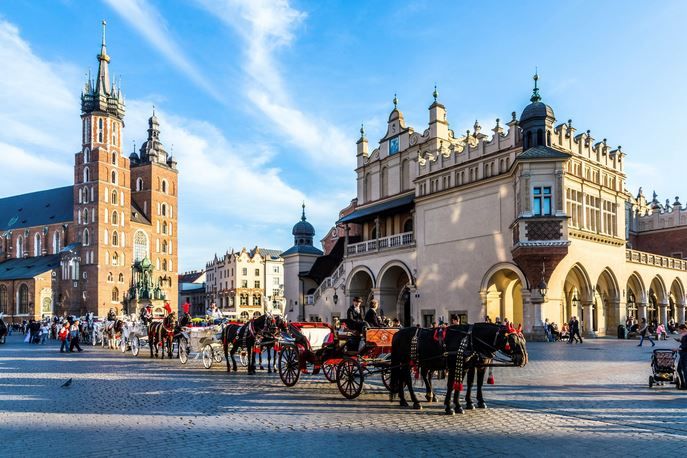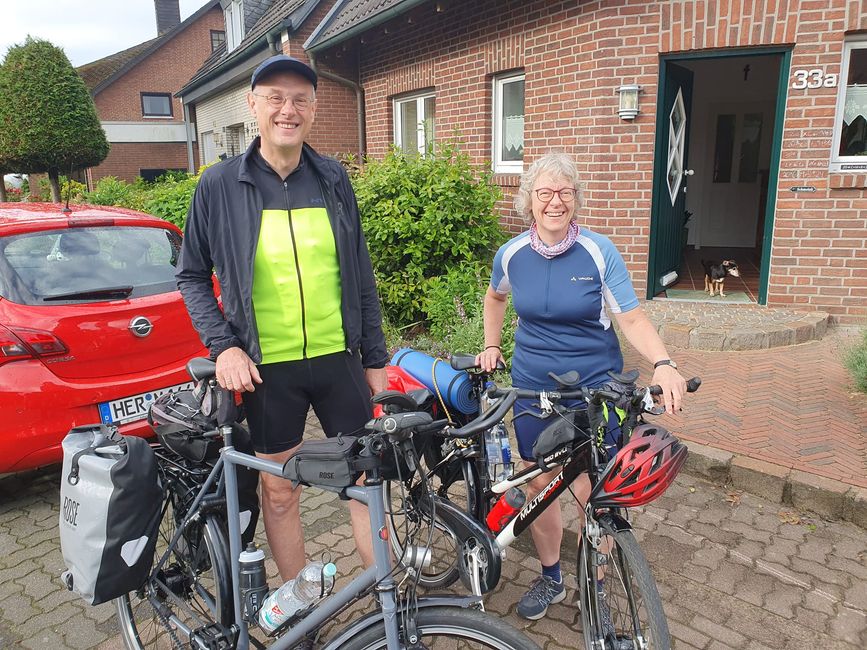Day 7: from Grimma to Dresden - with tailwind
প্ৰকাশিত: 02.06.2024
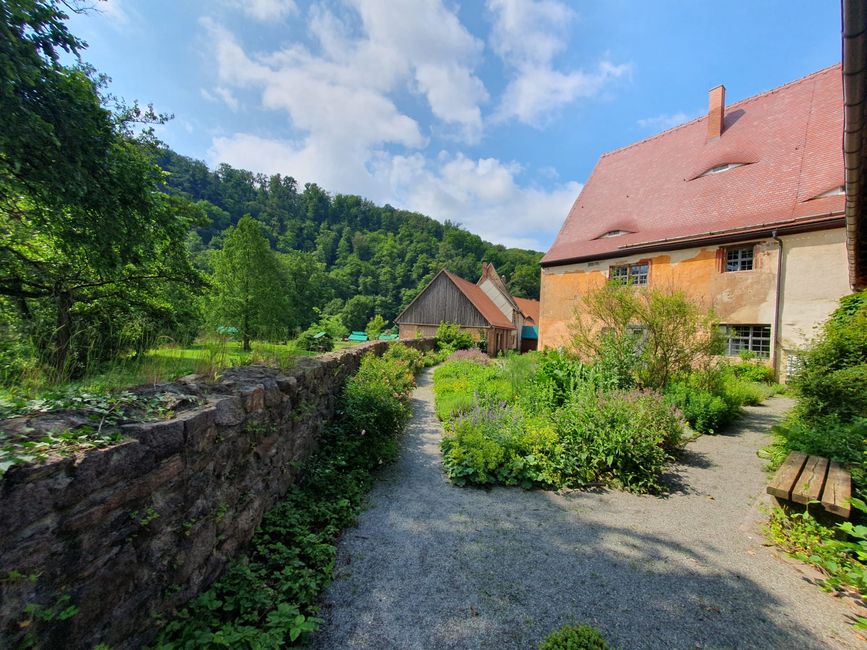
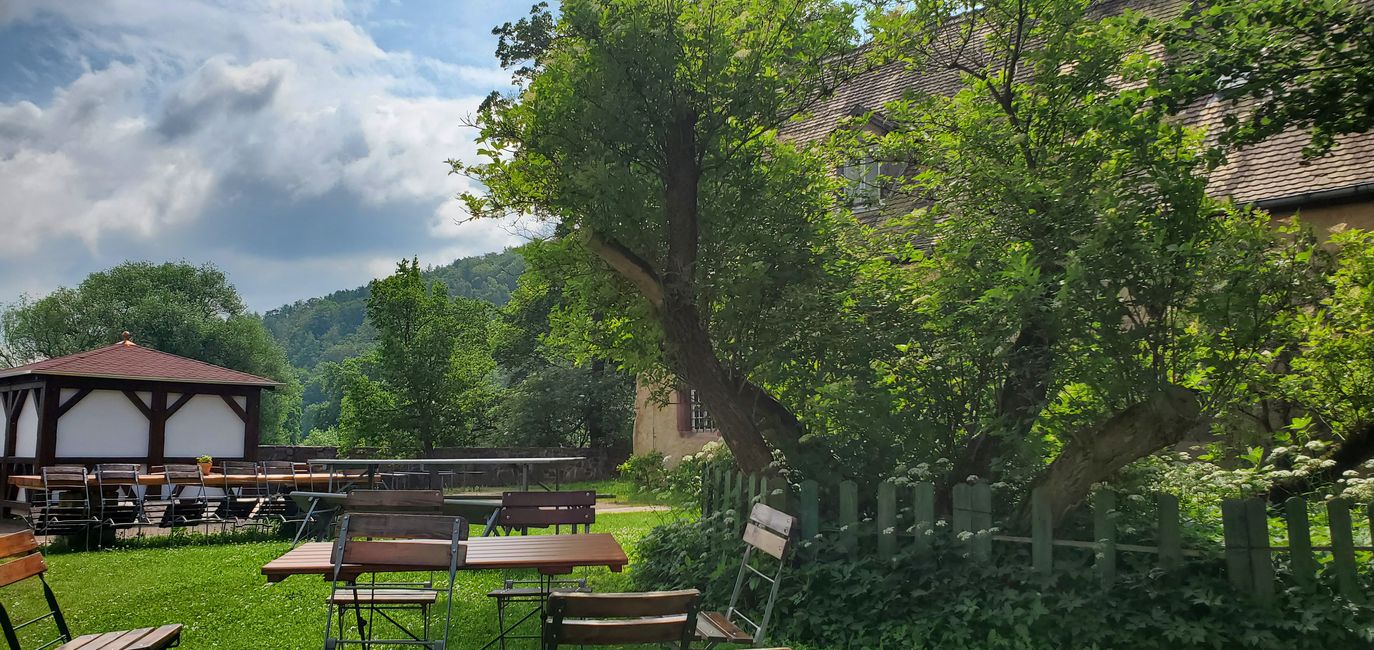
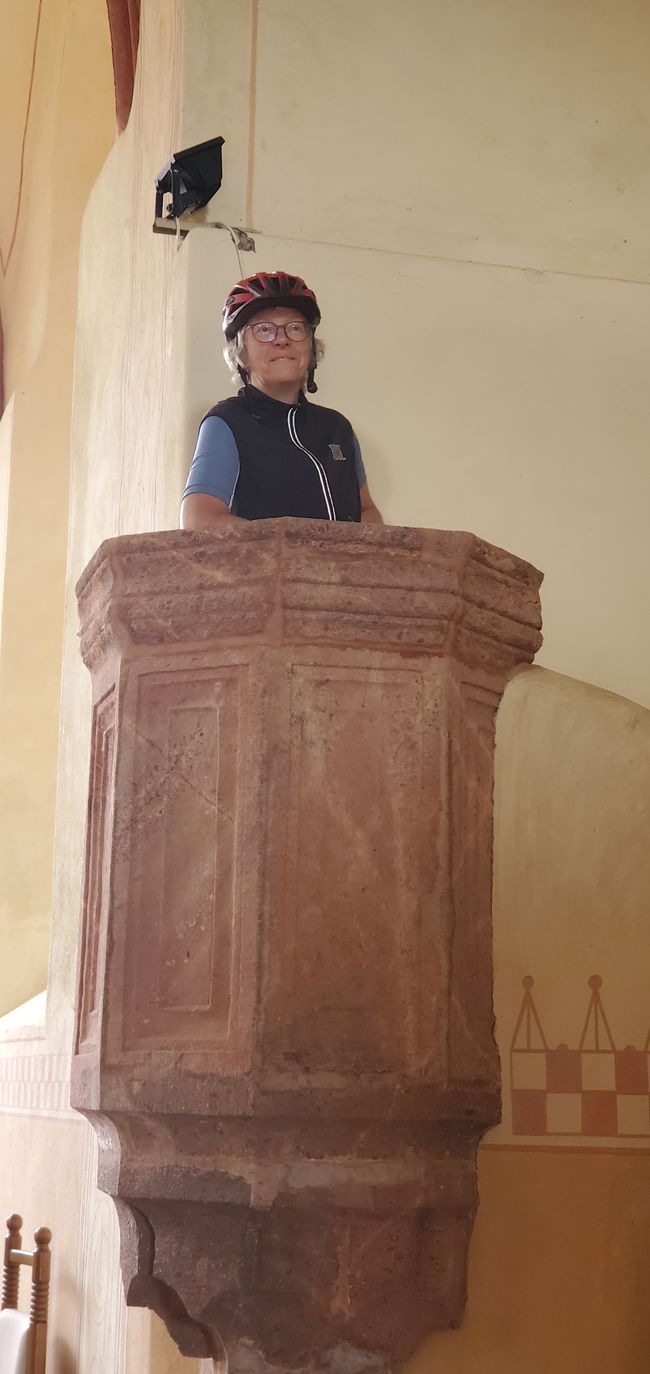
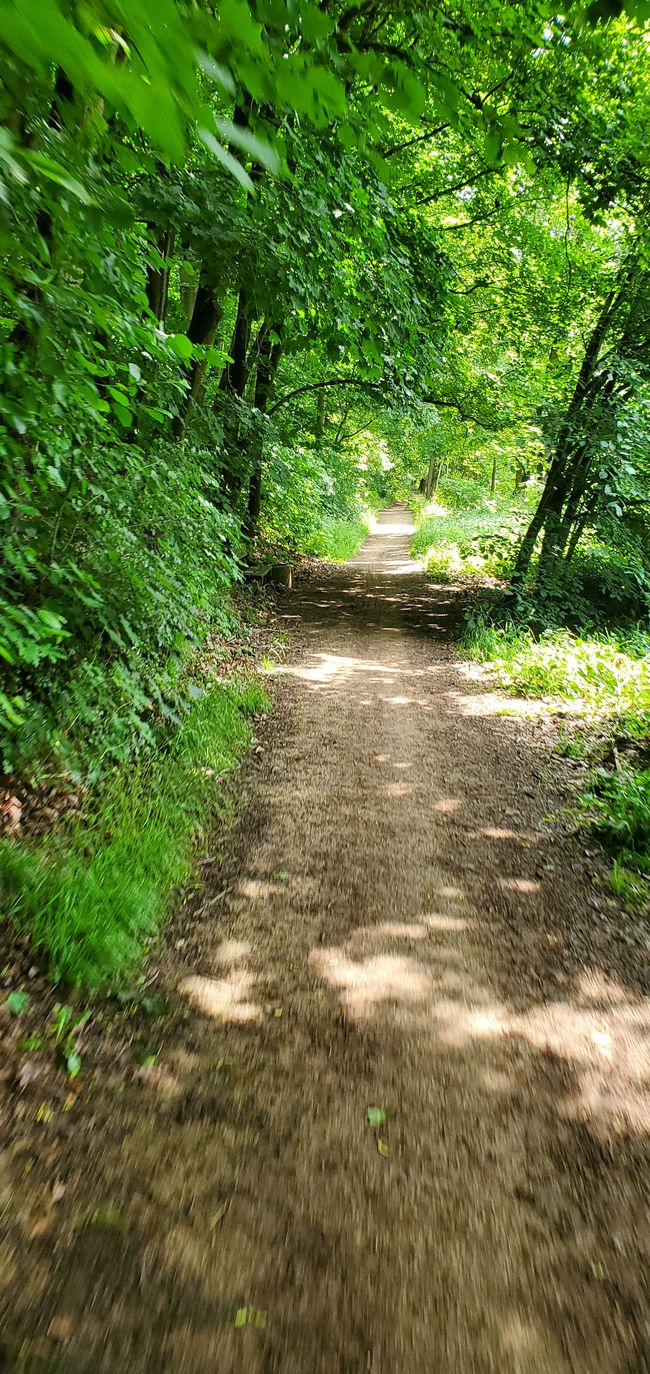
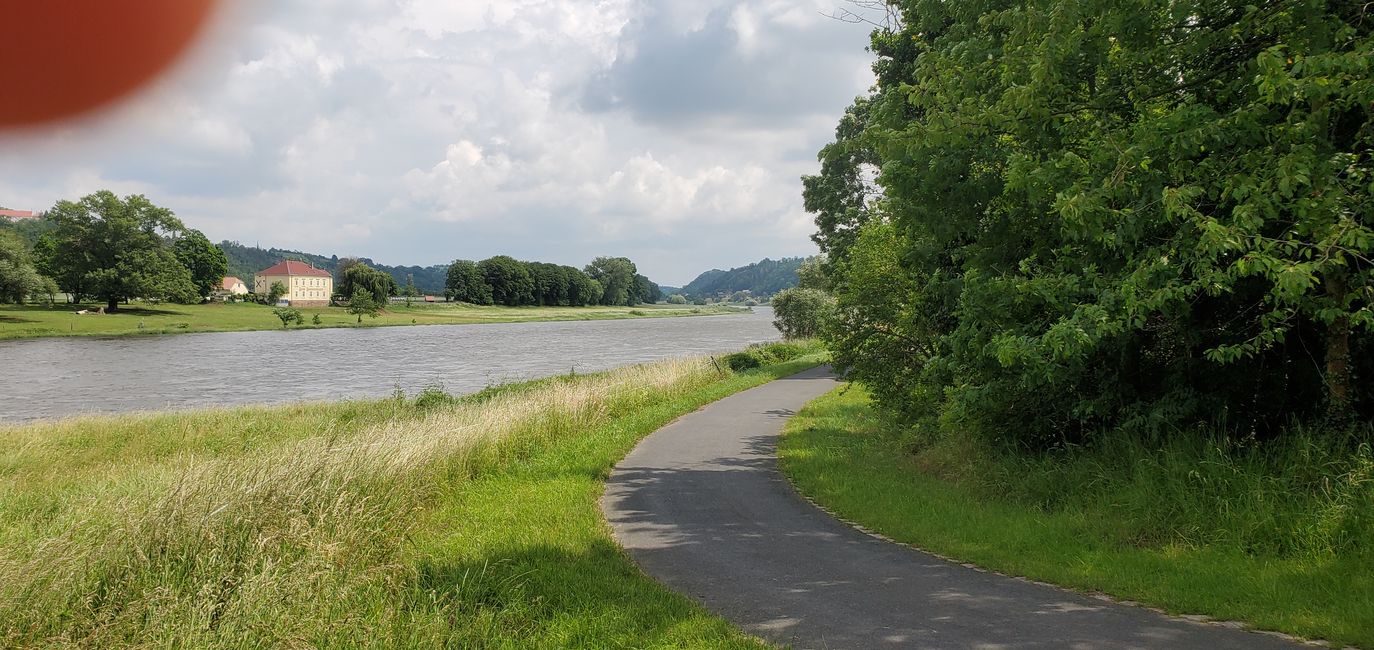
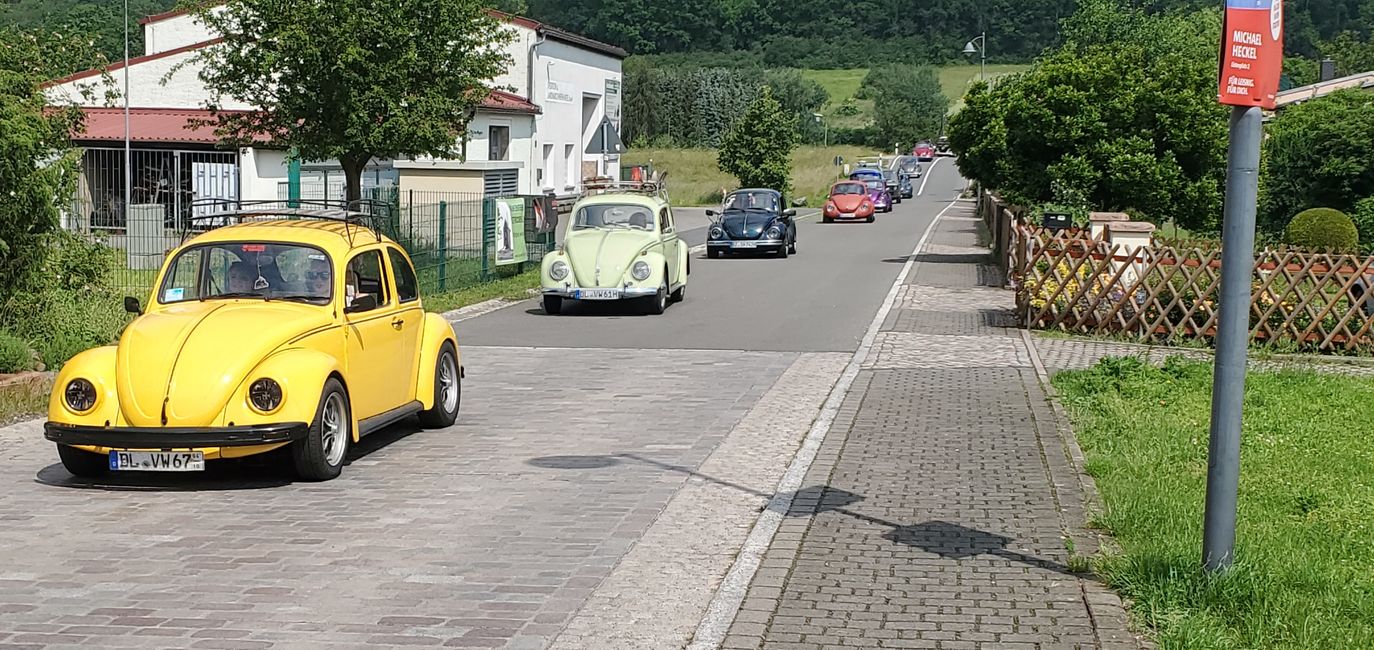
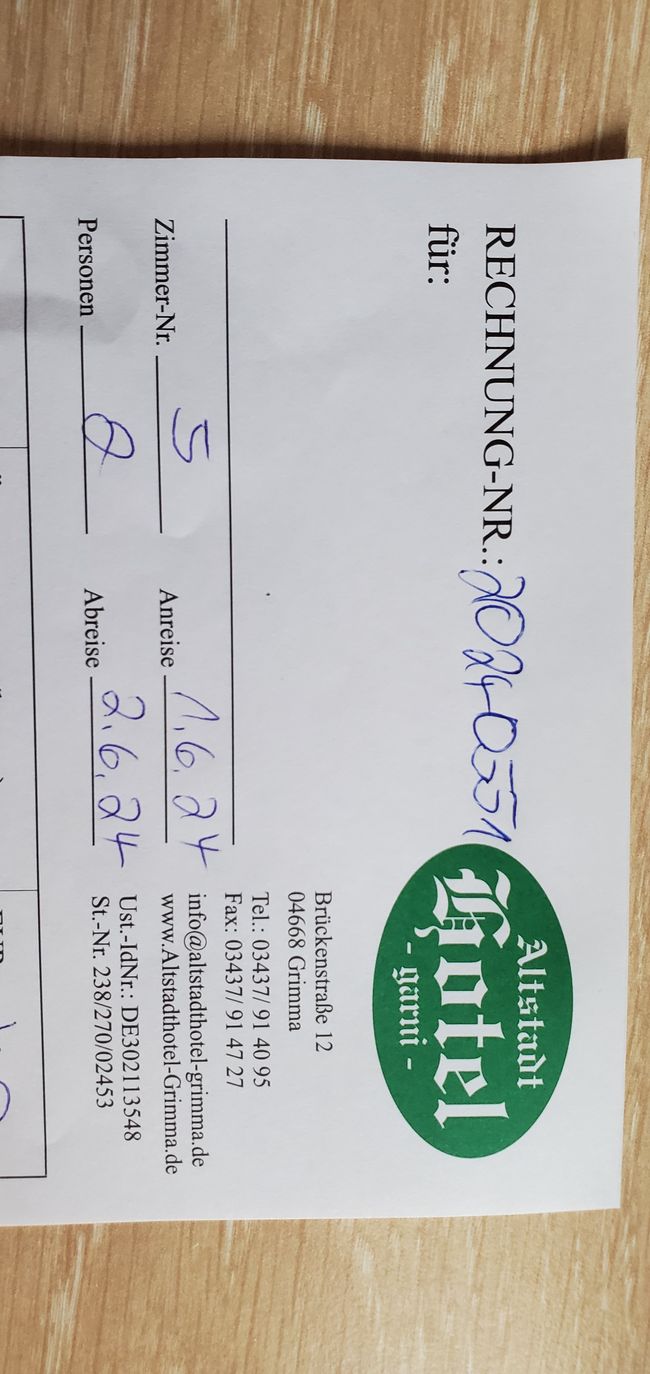
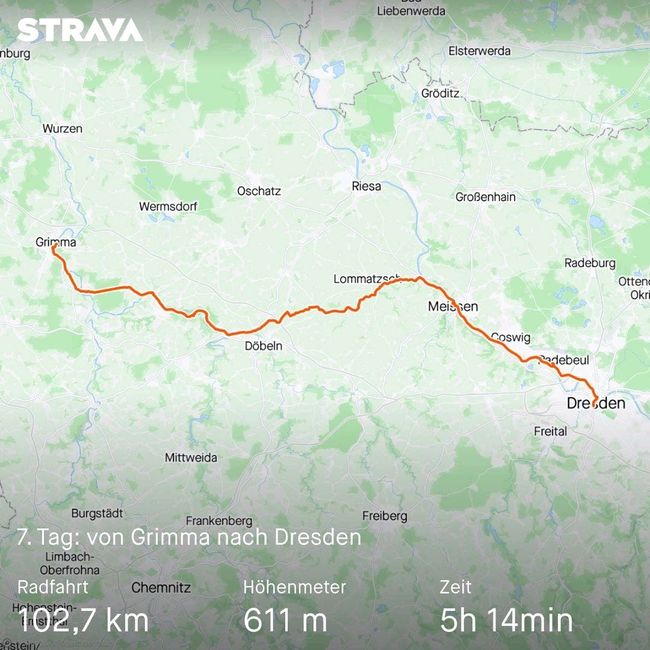
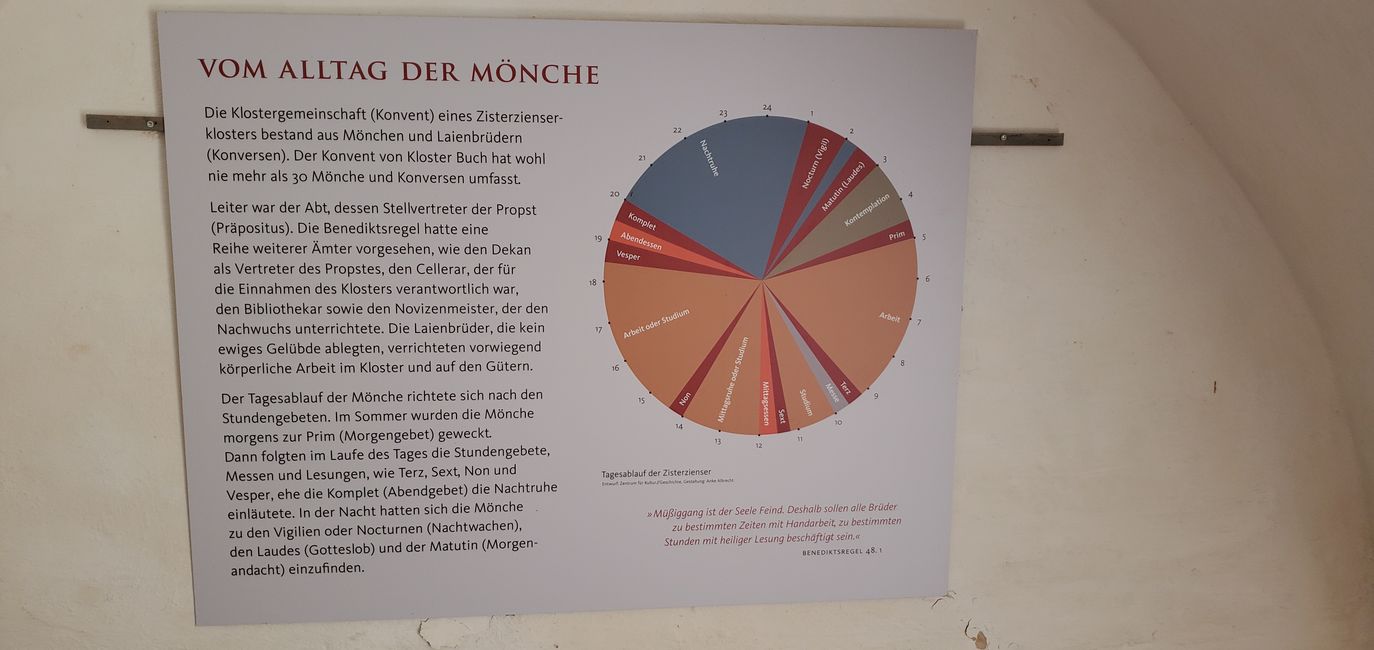
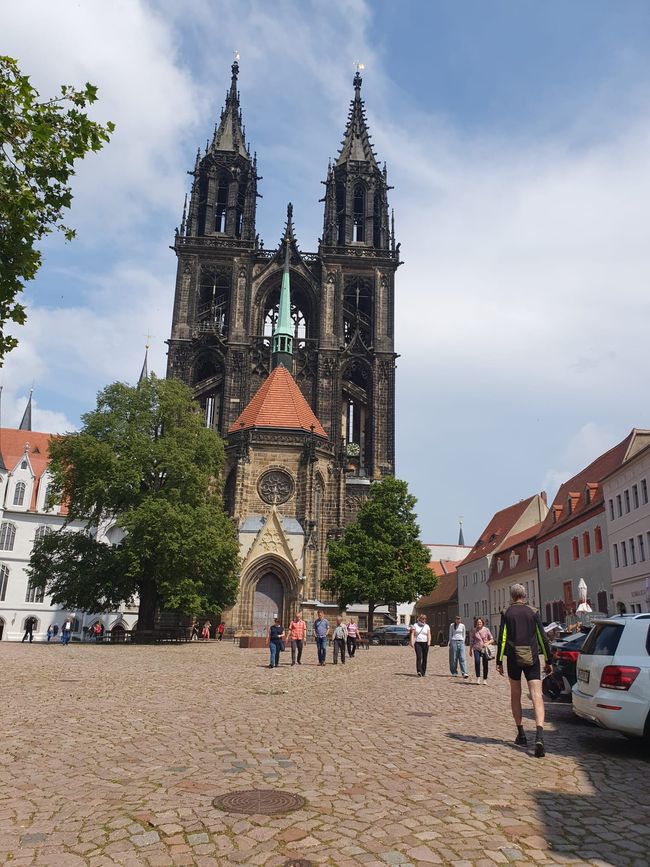
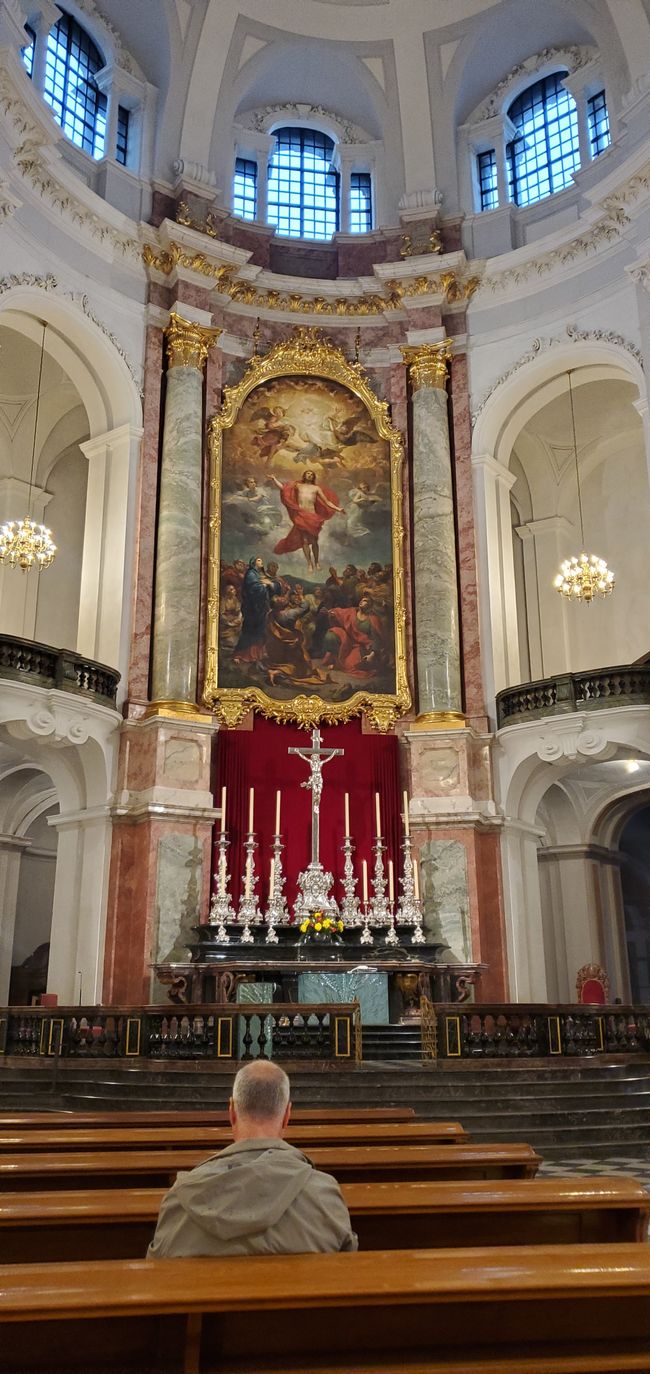
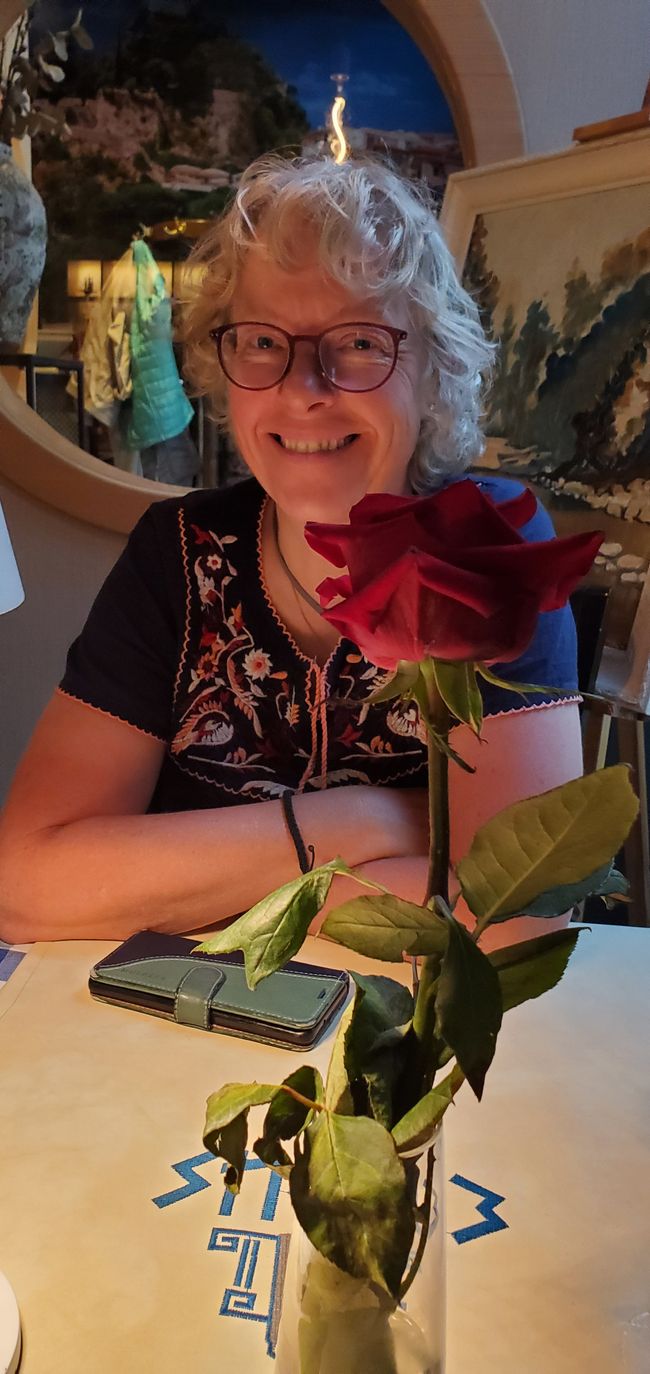
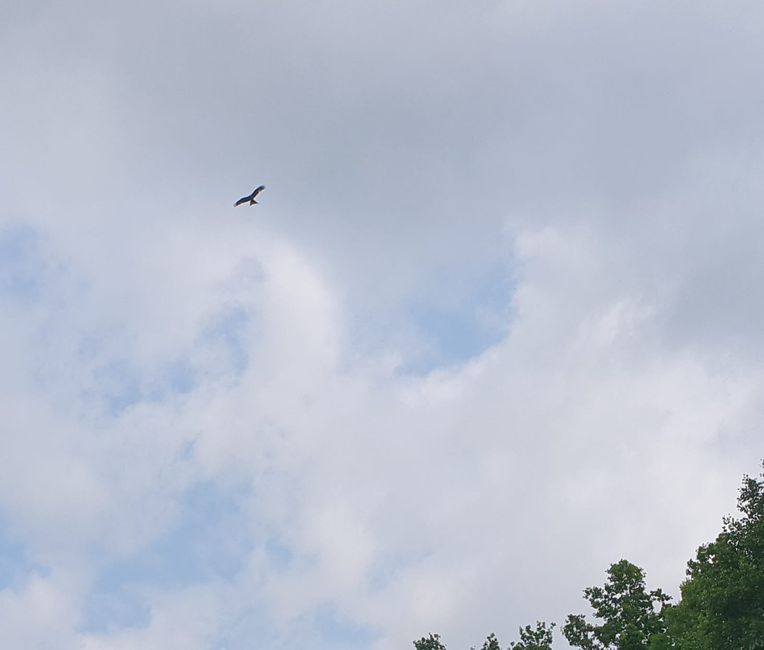
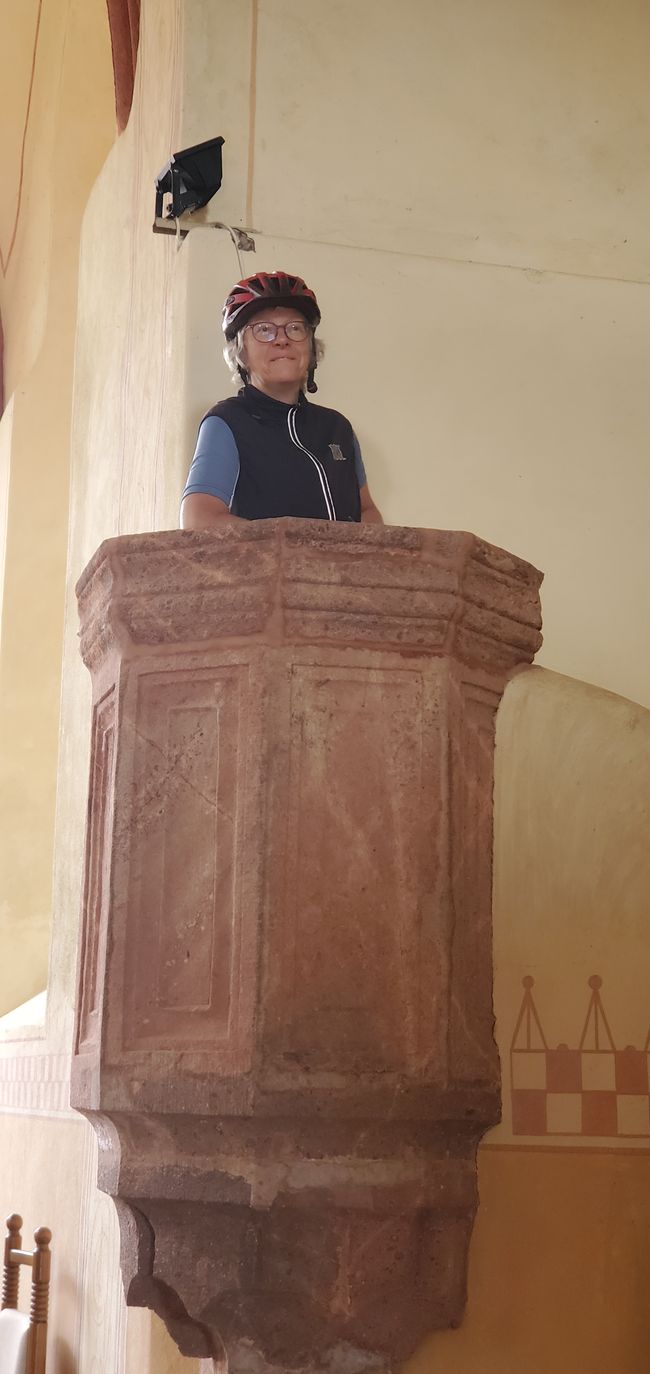
নিউজলেটাৰ চাবস্ক্ৰাইব কৰক

After a hearty breakfast, we speak to the hard-working landlady, who also no longer understands so much of the world. She thinks the media's description of the flood is greatly exaggerated. The flood gates are closed and the river is currently carrying a lot of water, but the situation in Grimma is in no way comparable to 2002, for example (please google: Grimma flood 2002)
The Mulde cycle path runs through the valley of the Mulde. To be precise, we cycled along the Freiberger Mulde. In Saxony, the names for rivers had apparently run out at some point, so in addition to the Freiberger Mulde, there is also the Zwickauer Mulde.
Regardless, the route is very easy to navigate and the scenery is beautiful.

On the way we come to the Buch Monastery, a former Cistercian monastery from the 12th century.

A VW vintage car meeting at a campsite was announced with a car parade.

From the Mulde, the Elbe-Mulde cycle path takes you to the (surprise:) Elbe

All day long we were pushed along by a very disciplined, constant westerly wind.
Via Meissen, Klötzschenbroda (the Saxons say Klötzschenbrödoa, which by the way does not mean "small, square bread") and Radebeul we finally came to Dresden and attended Holy Mass in the Hofkirche.

Many of the famous buildings in Dresden (Florence on the Elbe!) were created by Augustus the Strong, a fun-loving and procreative man who spent the first part of his life in the 17th century and the second part in the 18th century.
In the Greek restaurant, which we visit in the evening, the paneling still needs to be finished:
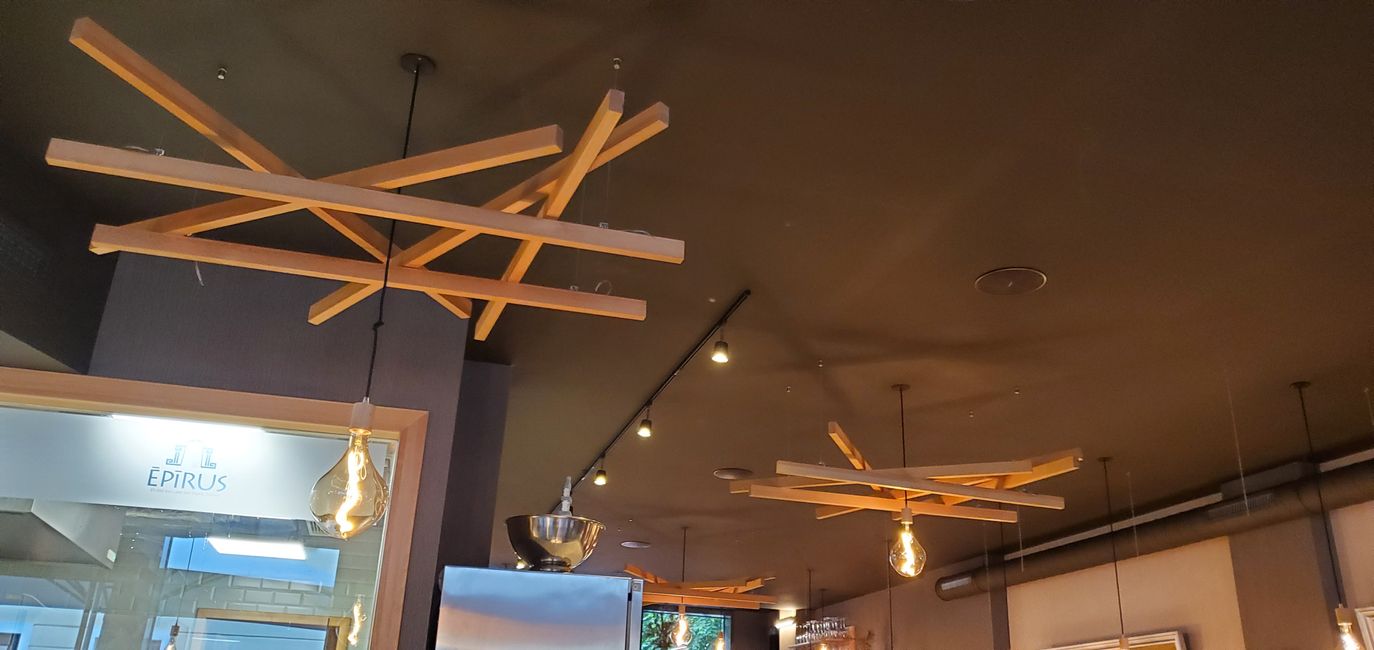

নিউজলেটাৰ চাবস্ক্ৰাইব কৰক
উত্তৰ (1)
LINDA
Vielen lieben Dank für die sehr coolen Reiseberichte. Mega interessant und aufschlussreich. 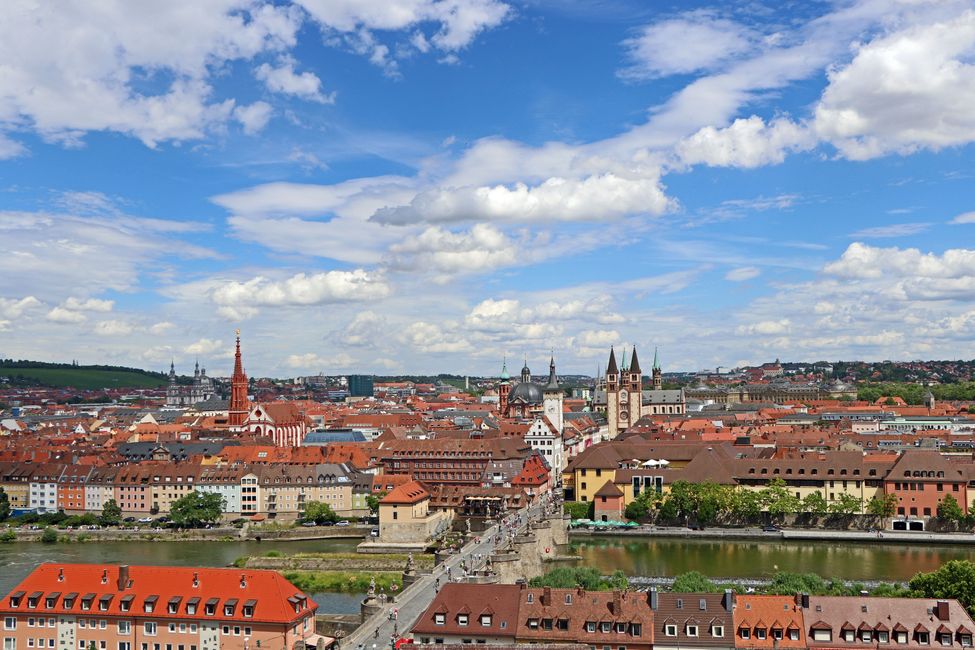
ভ্ৰমণৰ প্ৰতিবেদন জাৰ্মানী
